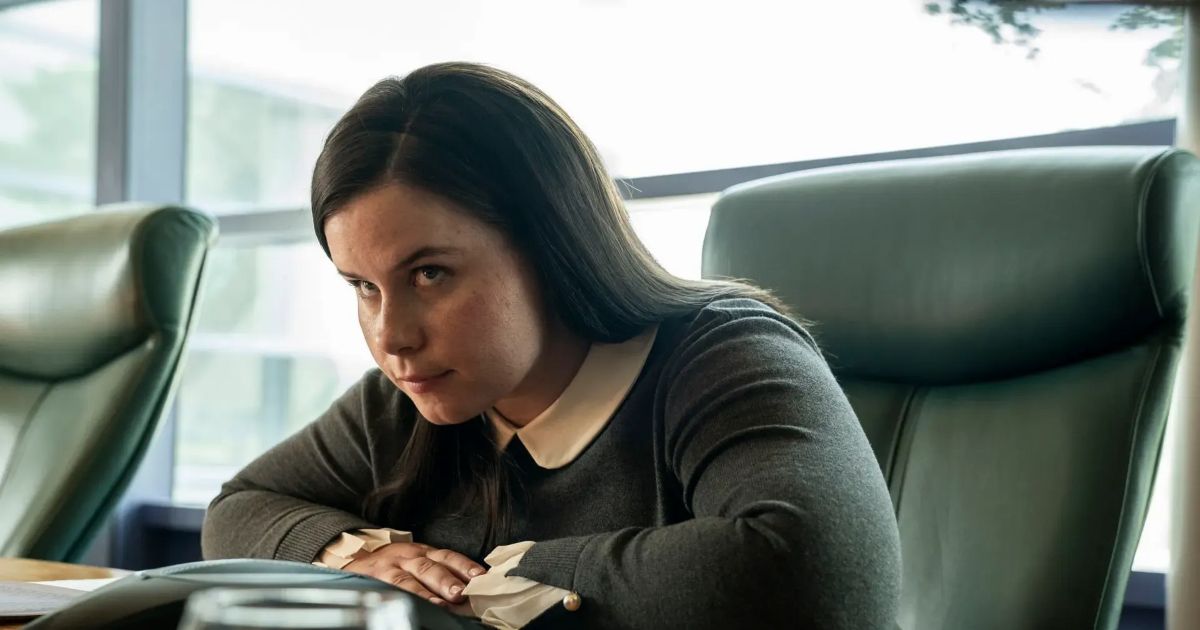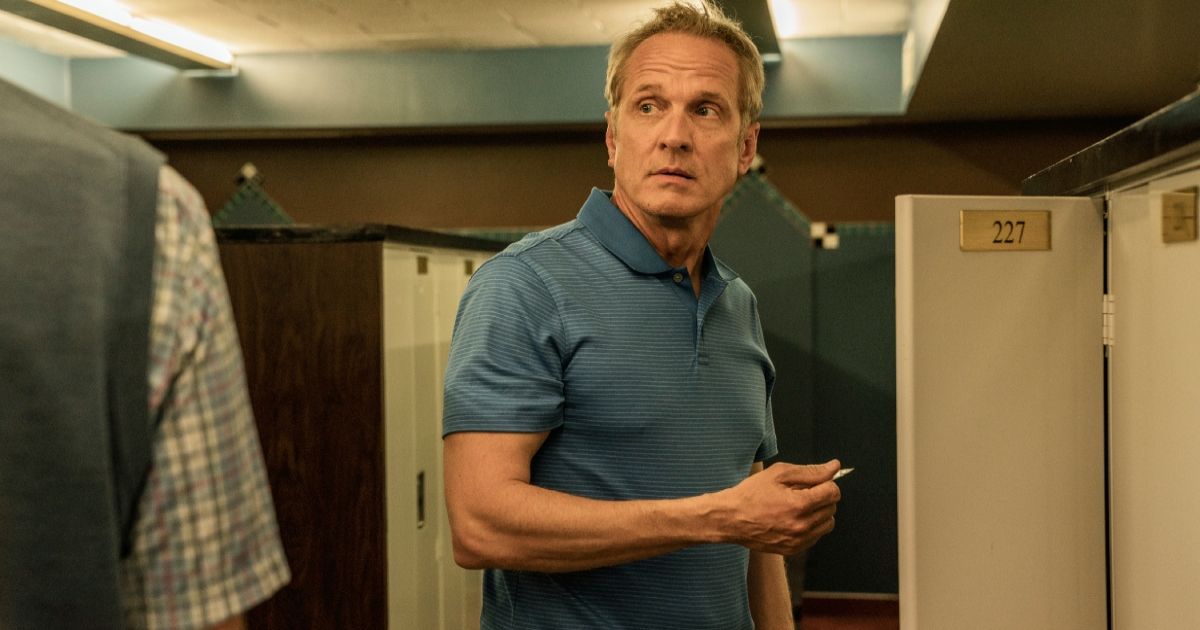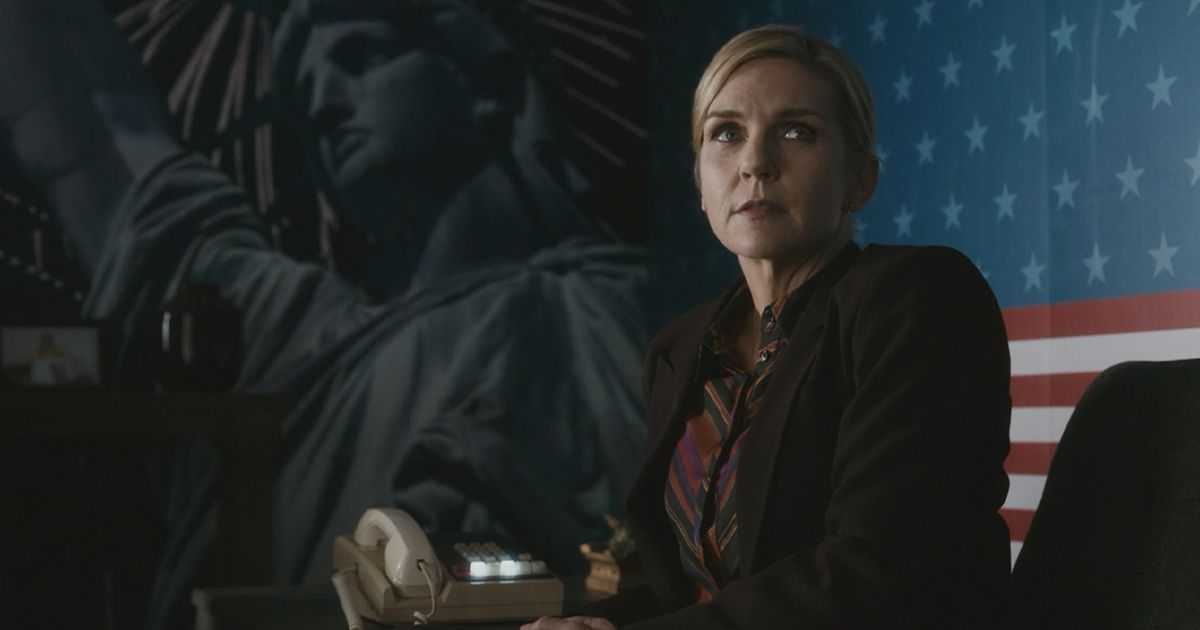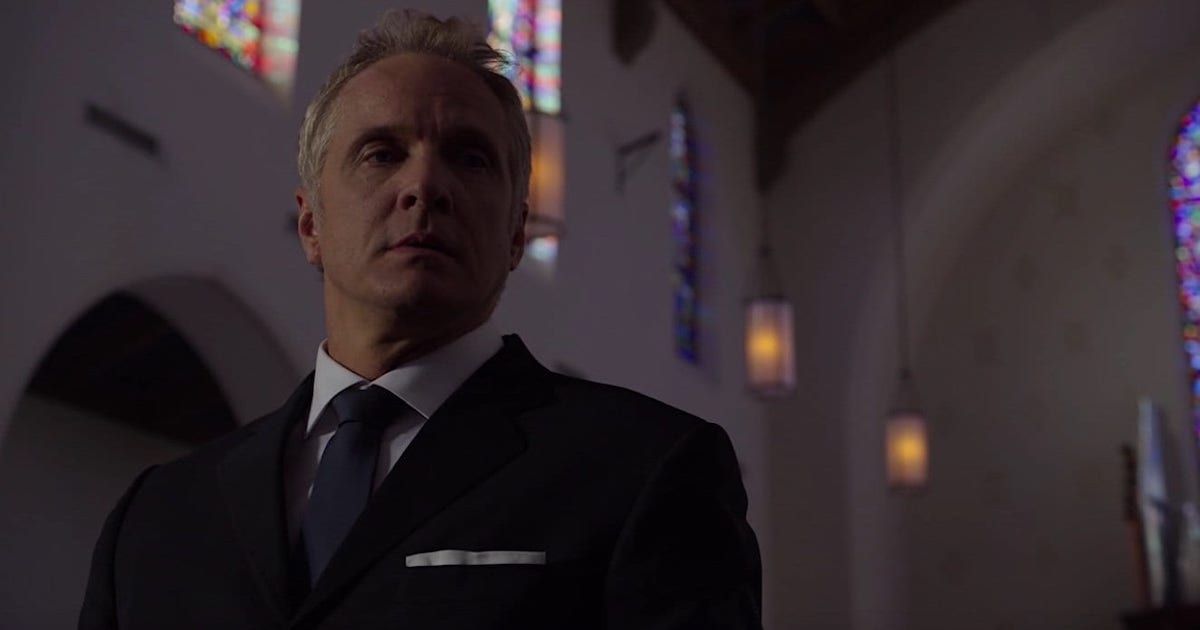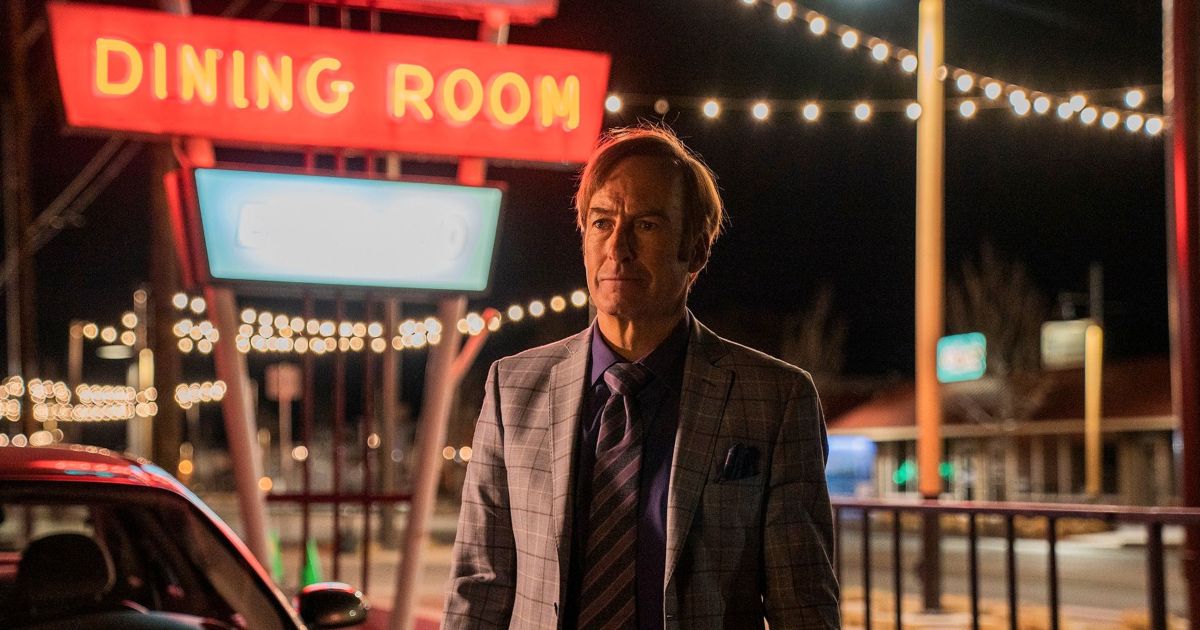This article contains major spoilers for Better Call Saul.“Whatever happens next … it’s not gonna go down the way you think it is.” The character Mike Ehrmantraut (Jonathan Banks) speaks this line in the final season of Better Call Saul, one which was also used as voiceover in the first trailer for the new season, and served as a not-so-coded message to fans: we have no idea what we’re in for.
Principally, this doesn’t mean that we are unable to predict what will happen. Many fans had figured Howard Hamlin (Patrick Fabian) would die – he, Nacho, Kim, and Lalo are the Holy Foursome of “Not-In-Breaking-Bad,” after all. What fans did not take into account, however, was when and how the character would meet his demise, the purely incidental nature of the event, and what roles luck and chance would play. And while it is easy, and perhaps even valid, to blame the other characters involved, we should also recognize that the Breaking Bad universe is sometimes a cruel place that takes perverse pleasure in doling out violent repercussions.
Howard's Death and the Cruel Comedy of Better Call Saul
For anyone familiar with Breaking Bad, Howard’s untimely death, which has been replaying and reverberating through the fanbase like a recurring nightmare, reopens a number of old wounds. Most notably we are reminded of Drew Sharp – the boy killed by Todd after Walt and Jesse’s train robbery – and Andrea – Jesse’s ex-girlfriend, also murdered by Todd.
(Gosh, Todd really was the worst, wasn’t he?)
But Better Call Saul is different in many ways, and there is a twisted comic edge to Howard’s death, playing like something out of a nasty Coen Brothers’ film, which distinguishes it and potentially renders it just as, if not more, disturbing. This is because Better Call Saul has developed, and mastered, a tendency to find the dark within the light.
Out of context, the scheme launched by Jimmy McGill and Kim Wexler (the never-better Bob Odenkirk and Rhea Seehorn, who should finally get her Emmy) against Howard is a series of lighthearted hijinks – it even plays that way on a cinematic level, with snappy edits and fun performances. But context is everything, and we must remember that in most of these sketch-comic situations, which Better Call Saul has employed on numerous occasions, the moral abyss is never far from the surface. Don’t forget about the way Jimmy played his brother Chuck, or how he manipulated Irene for the Sandpiper settlement, or how, most recently, he torpedoed Mesa Verde.
Better Call Saul Brilliantly Stops Being Funny
On the surface, it’s all fun shenanigans, and we may even applaud historic underdogs Jimmy and Kim for how deftly they manipulate situations to get what they want. But there is an existential toll it takes on the souls of our protagonists, and more importantly, it leaves an ever-growing path of destruction. If you think about it for any longer than a second, it stops being funny.
Howard’s death is shocking, not just because of its utter needlessness, but because it plays as a comic moment. Observe the nonchalance on Lalo’s face compared to the terror on Jimmy and Kim’s. Observe the way Howard’s head hits the table in a slapstick manner (similar to how Chuck hit his head at the copy shop back in Season 2) and the look of surprise on his face. The moment might even be at home in a violent yet fluffy action comedy. But despite its comic trappings, it is one of the least funny things you will ever see, and that fact seems completely intentional. This isn’t Game of Thrones sending out one of its most beloved characters with a super-gruesome notorious death scene. This is repugnant drama, disguised as silly comedy, and it is daring us to keep laughing.
The Breaking Bad Universe and Its Relationship With Its Audience
The endgames of both Breaking Bad and Better Call Saul seem to find both sets of protagonists coming face-to-face with the deadly consequences of their actions. Both shows also serve as Rorschach tests for their viewers – how far can someone go off the moral deep end as a TV antihero protagonist before you stop rooting for them? In the case of Breaking Bad, there was a vocal segment of fans who failed this test, who believed in Walter White until the bitter, bitter end, who harassed and threatened Anna Gunn (who portrayed Skyler White) for her character reacting as only a normal person would to an abusive and power-hungry husband, and who were massively out of touch with the themes being set forth by the show.
Even more so than its predecessor, Better Call Saul has questioned the perceptions we have about its characters and seems to indirectly poke fun at fans’ misinterpretations. It makes a meal of Chuck McGill’s infamous bar-hearing breakdown, and continuously references the publicly available transcript of the event, giving characters such as Mesa Verde’s Paige Novick the surface-level impression that what happened at the hearing was absolutely hilarious and not completely devastating and dehumanizing. Paige, like the audience so many times before her, misinterprets the event.
Better Call Saul Mid-Season Finale Ends the Fun and Games
The moment of Howard’s death utterly annihilates the possibility of misinterpretation. Whether it was fate, free will, or the cruel nature of the universe, the fact remains that Jimmy and Kim had some part to play. And while courts of law might disagree on how to prosecute, our protagonists’ culpability has been rendered undeniable.
The classic saying goes that it’s all fun and games until somebody gets hurt. In the final and horrible moments of the mid-season finale, “Plan and Execution,” Better Call Saul shoves us against a locker and asks if the fun and games were really worth it. It demands to know: was it ever really fun to begin with? Finally, it gives fans some horrible things to contemplate over the next six weeks.
Happy Nightmares!

